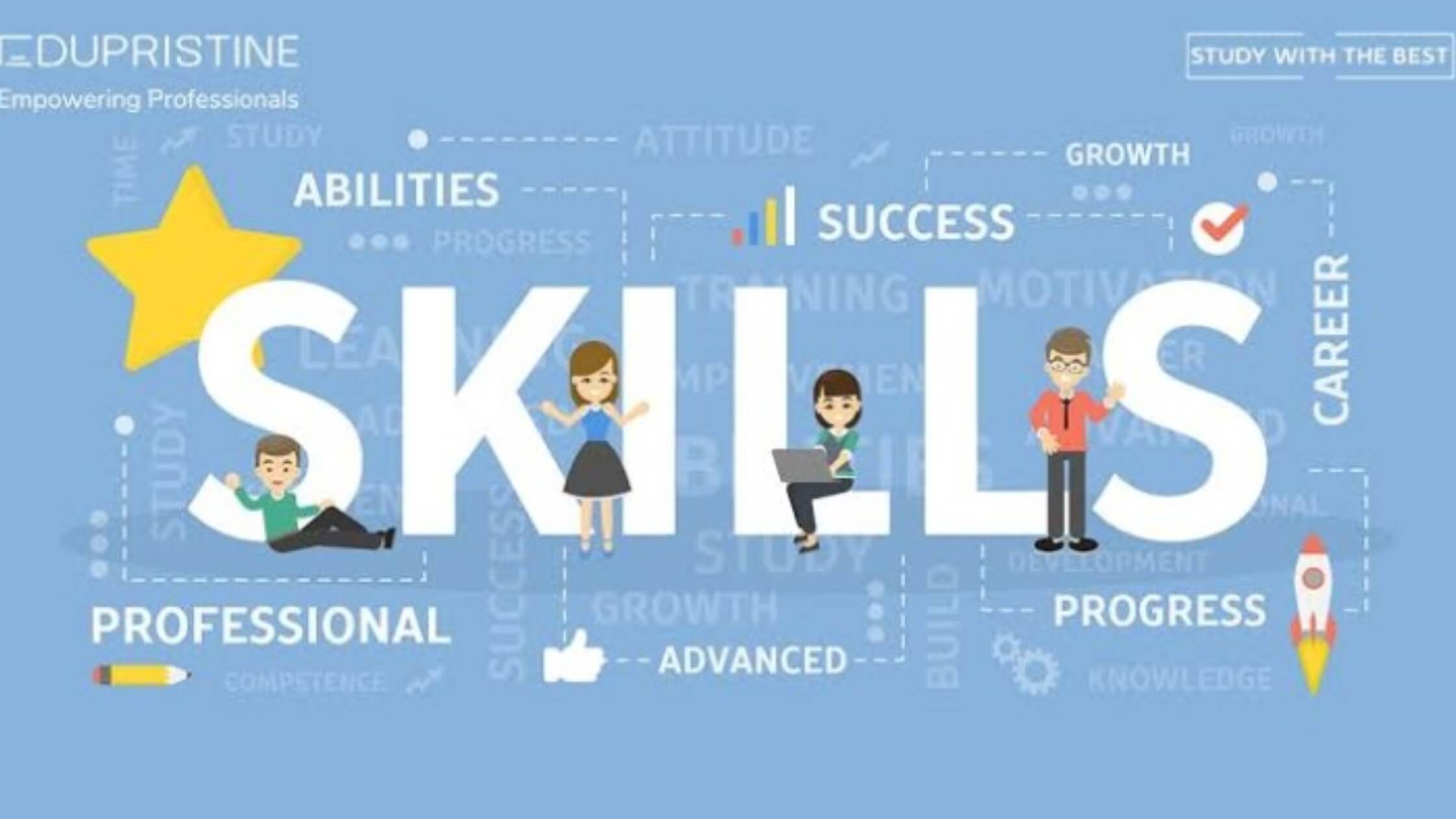Did you know there is an art to CV writing and there are psychological methodologies that you can use to engage the reader? Here is how:
The order of your bullet points – The information you put under each job is essential but the way you structure those sentences is the real key! The information you provide in the first few lines determines whether the reader continues to read on with interest or moves on to the next CV.
Start with sentences that show that you take ownership and accountability of your responsibilities, as the first few lines are crucial of any job entry. In the first 3 lines, the reader can determine if you are a passive or active employee so be intentional about how to list your role, responsibilities, and achievements.
Determine which is a responsibility and which is an achievement – There is a very thin line between the two and crucial information can always get lost if you do not highlight both correctly.
For example:
- Reduced Operational costs by 20% is an achievement
- Implement cost effective operational procedures is a responsibility
In situations where you have achieved something within your organisation that is measurable (e.g., monetary, tangible, or data driven) it automatically becomes an achievement, and it should be given its own sub heading under your responsibilities. This shows any employer that you are a results based professional, you make your mark whether you go. Regardless of how small it is always list: tangible, monetary, and data driven achievements
When you are detailing your responsibilities and achievements, Use specific attention grabbing descriptive words to start your sentences, the words in themselves speak volumes and create so much depth to your responsibilities. Here are some and the messages they convey:
- Leading a team of…. Shows People Management skills, subject matter expertise, leadership of group accountability and responsibility
- Managing…. Shows a level of authority management, ownership, and accountability
- Supervising…..Overseeing people and projects on a smaller management level but the potential and qualities to lead on a larger scale if given an opportunity to do so.
- Developing… Shows creativity, Skill and Production in a more intangible form, thought process abilities and strategy
- Created…. Also the same effect that “development” makes but in a more tangible form
- Implemented…Shows that you are a ‘ doer’ someone who is a proactive, a professional who rolls up their sleeves and get stuck in. It can also mean someone with authority and a disruptive (positive disruption) game changer
- Analysed/Analysis of….Shows diligence, methodical and critical thinking
- Prepared…Shows Organisational skills, thought process
- Provided… Supplying a need to a demand whether it be advisory or added tangible value. A giver and a proactive “doer”
- Reduced…Cost effective, looks for how to operate on minimal resources, conscious of mitigating factors
- Increased…Active and effective, results driven and proactive
- Upscaled…Methodical and diligence while growing, productive nurturer that brings results
- Expanded….Its relative to upscaling but on a larger and demonstrates more thought leadership in a managerial level
Show your knowledge of Business Intelligence i.e., your understanding of the sectors you have worked in
Include sectors and projects that are relatable or comparable to the organisation or project you’re applying for if you have direct experience in that market Don’t include what you cannot defend
For example: If you work in a PR Agency as a Brand Manager and you look after a portfolio of clients in FMCG, Healthcare, Finance and IT. You then see a vacancy with Coca Cola for a Brand Manager as you are detailing the accounts you work on and manage, the first clients or sector you should mention are those accounts you have managed are those within the FMCG sector because they are relatable to Coca Cola as a fellow FMCG product.
Mention Organisations you have worked with
Your CV is your bragging right; this is the place you get to legitimately name drop with a purpose. The purpose is to let the reader know the kind of brands you have worked with. This can be a deciding factor and sheds some light on your exposure to different work environments, cultures, and most importantly the expertise you have acquired. In cases where you cannot mention due to a Non-Disclosure Agreement mention the size of organisation and sector only. For example “A billion dollar Cloud Solutions company”
Projects you’ve worked on
You’d be surprised at how many candidates don’t make note of the projects they work on. Mainly because there isn’t enough time because your focused on your deliverables. But be intentional about creating a journal on the project s y ou work on so you can streamline it to include in your CV. Your participation in the project and the type of project is one that could b e o f interest to your potential employer and a deciding factor between you and another candidate.
Proven Facts
Employers love data! Be it Monetary, and Operational. That data that represents revenue generation, lean management, cost effective, robust management, upscaling and expansion. You name it, employers want to know about because it says a lot your expertise, and your ability to be a result driven professional.
Employers spend millions on recruitment every year, and every hire is a strategically curated to add value to their organisation whether it’s to increase sales, implement strategic brand positioning or fine tune their internal operations, every hire is intentional, signed off and approved at executive level . So, a wrong hire is very detrimental and costly to their business and can create an even bigger dent to their pocket to correct the initial mistake.
What does this mean for you?
It means that in order to clear any doubts about your competency and expertise, you need to include as much detail as possible. This does not guarantee that you get the job, but it does provide enough insight to create that interest to invite you in for an interview . At this point, at least 60% of the work has been done by your CV, the 40% left will be determined by your soft skills and gauging your fit into their corporate culture and your ability/versatility to adapt to change.
#cvwriting #employability #jobseekers #careerdevelopment #careermanagement #interviewing #talentdevelopment #professionaldevelopment #CVtips



